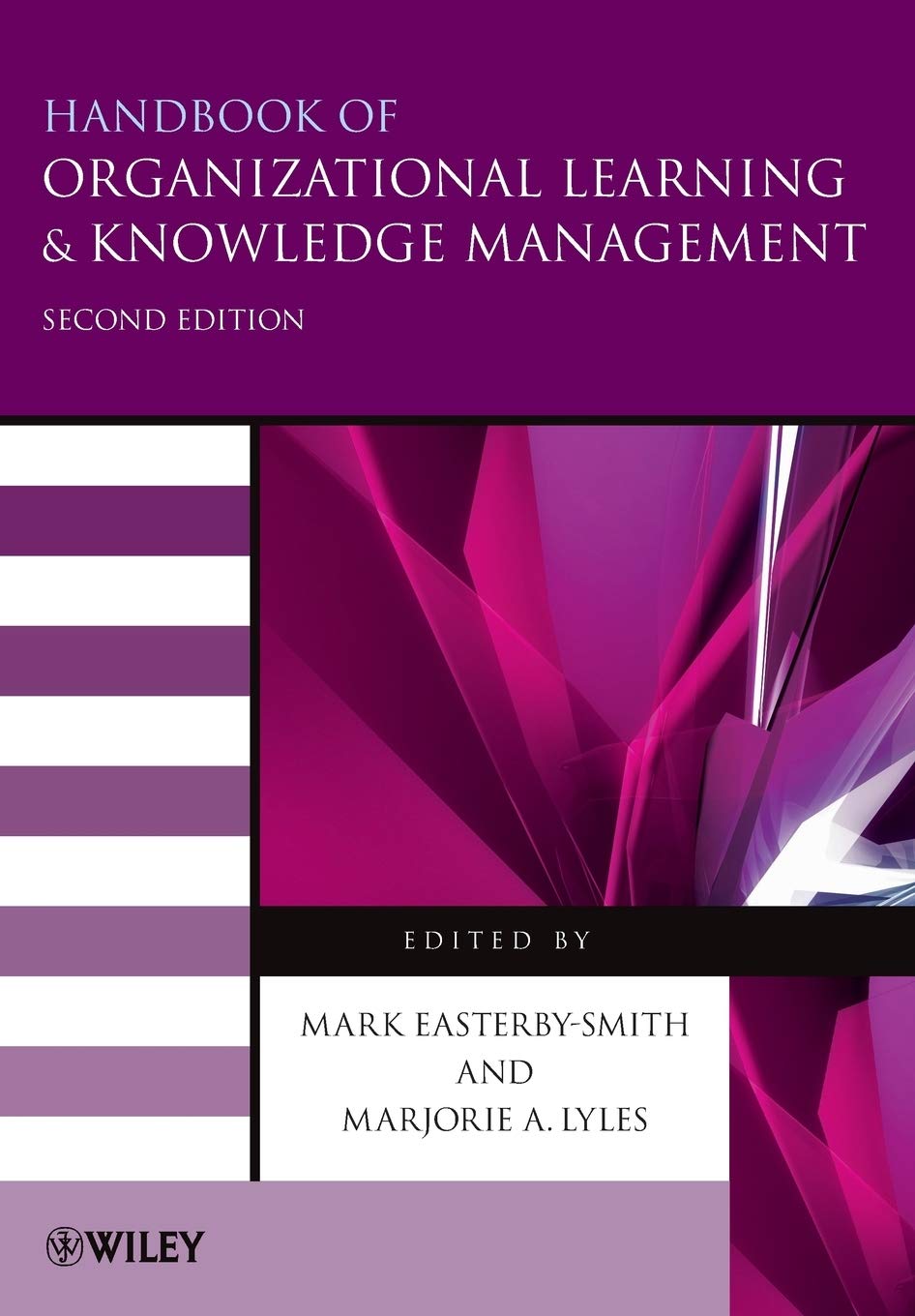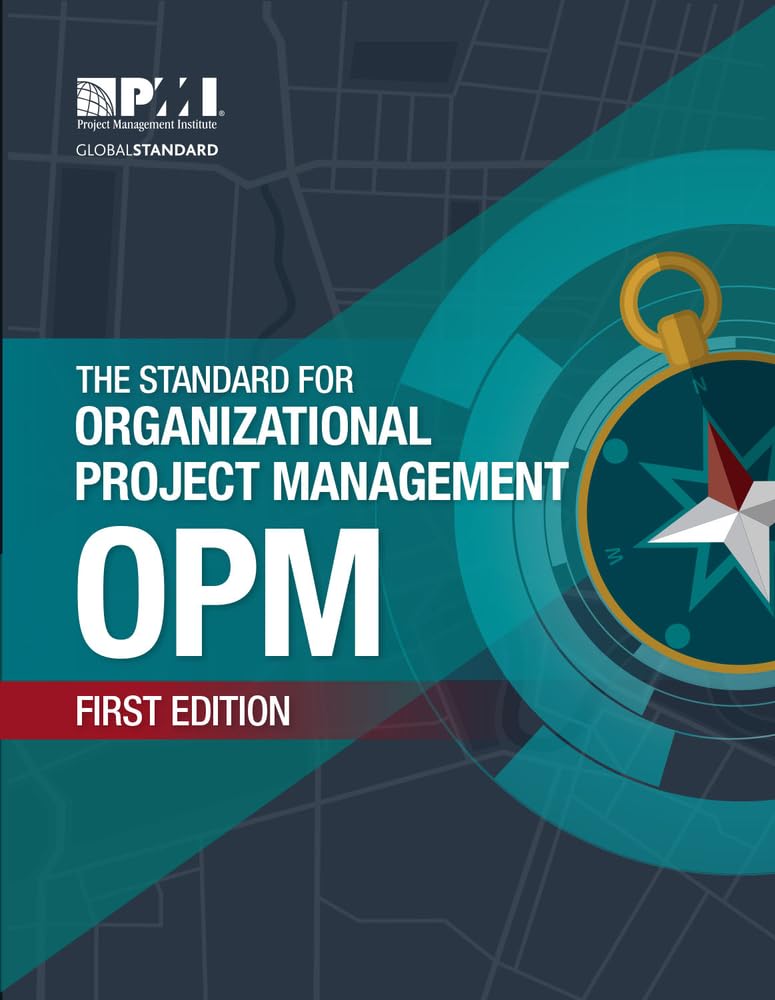
Knowledge
What is Knowledge?
Knowledge in project management refers to the combination of information, experience, skills, and insights that individuals or teams use to make decisions and perform tasks effectively. It can be explicit, such as written procedures and documented data, or tacit, such as personal experience and know-how. Managing it ensures that valuable insights and lessons are captured, shared, and used to improve project outcomes. Effective knowledge use supports decision-making, fosters innovation, and helps avoid repeated mistakes.
Key Points
- It can be explicit (easily documented and shared) or tacit (personal and harder to communicate).
- Project teams rely on it to plan, execute, and evaluate project tasks.
- Capturing lessons learned from past projects helps build a repository of helpful information.
- Information sharing improves team collaboration and promotes continuous improvement.
- Organizations often implement knowledge management systems to store and access valuable project information.
Related Terms
- Knowledge management involves collecting, organizing, and sharing project knowledge across an organization.
- Lessons learned capture key insights from project experiences to inform future work.
- Organizational process assets include documents and data that contribute to an organization’s knowledge base.
- Expert judgment refers to the use of specialized knowledge from experienced individuals during project decision-making.
- Information is structured data that becomes useful once it is interpreted and applied as knowledge.
Knowledge: Example
During a software development project, a team member who has previously encountered a similar technical challenge shares their approach, helping the team resolve the issue more quickly. The team documents this solution and stores it in the company’s internal knowledge base. Later, another project team accesses this information and avoids repeating the same problem, saving time and effort.
Knowledge: Best Practices
- Encourage team members to share both successes and failures to build a comprehensive knowledge base that fosters growth and learning.
- Conduct regular reviews and lessons learned sessions at key project milestones.
- Utilize collaborative tools and platforms to facilitate the easy storage, access, and updating of information.
- Integrate information-sharing activities into daily workflows to promote consistent use.
- Provide training and support to help teams recognize and apply practical information effectively.
Additional Resources
Preparing for a PMI certification?
- Exam Prep Courses: PMP®, CAPM®, and PMI-ACP®
- Exam Simulators: PMP®, CAPM®, PMI-ACP®, PMI-PBA®, PMI-RMP®, PMI-SP®, PgMP®, and PfMP®
- Professional Development Units (PDUs): 15, 30, and 60 PDU Bundles




